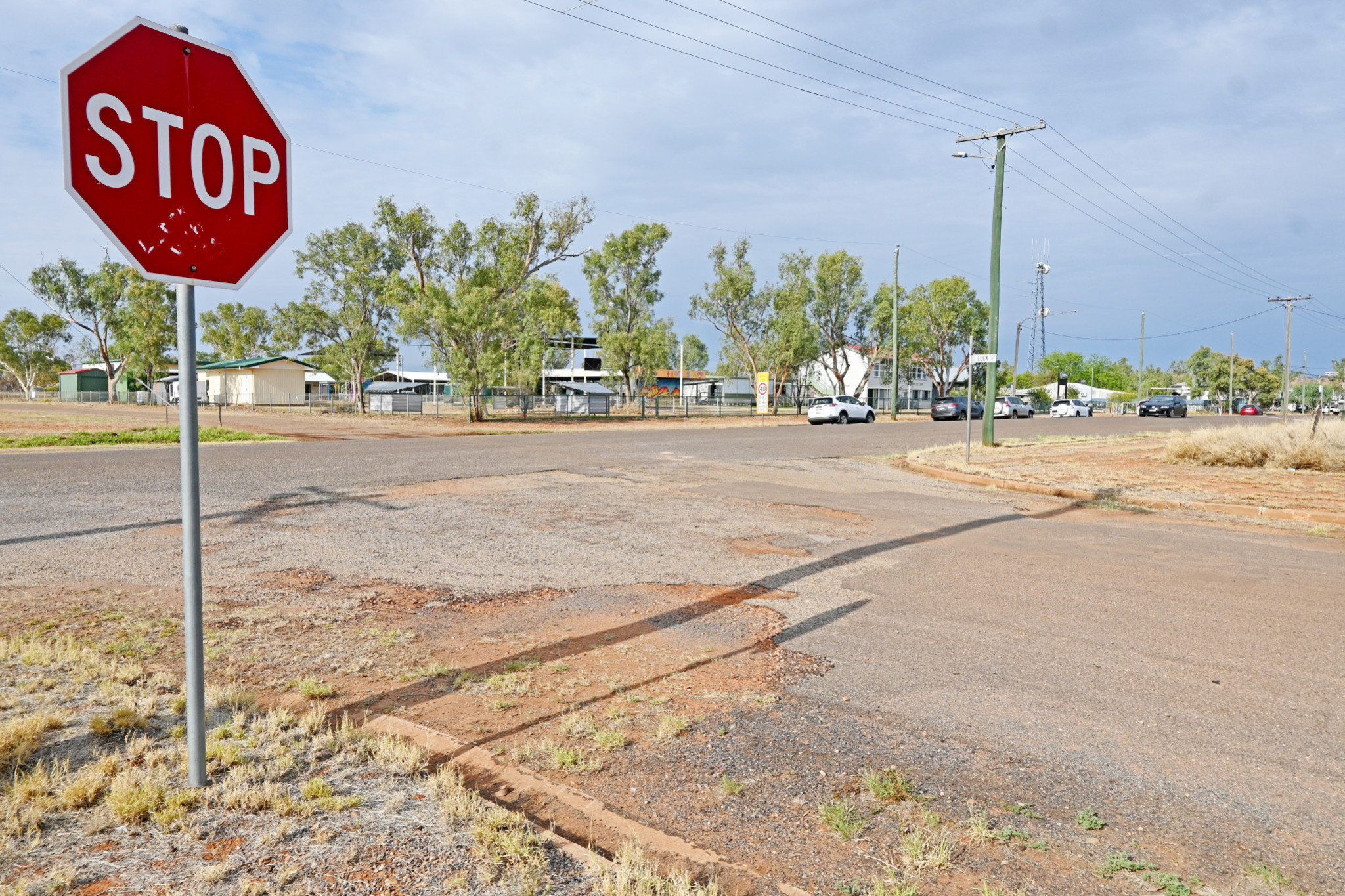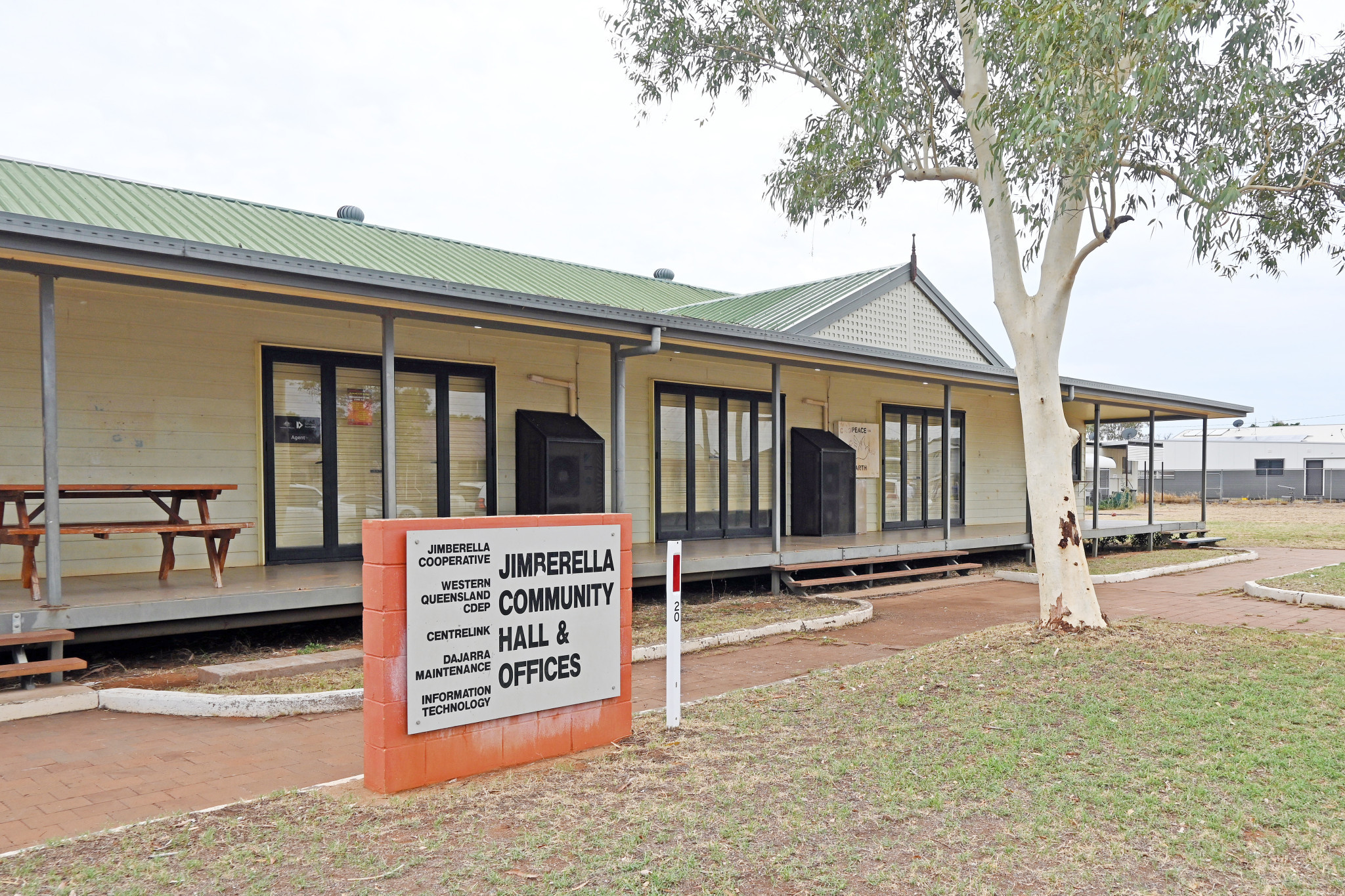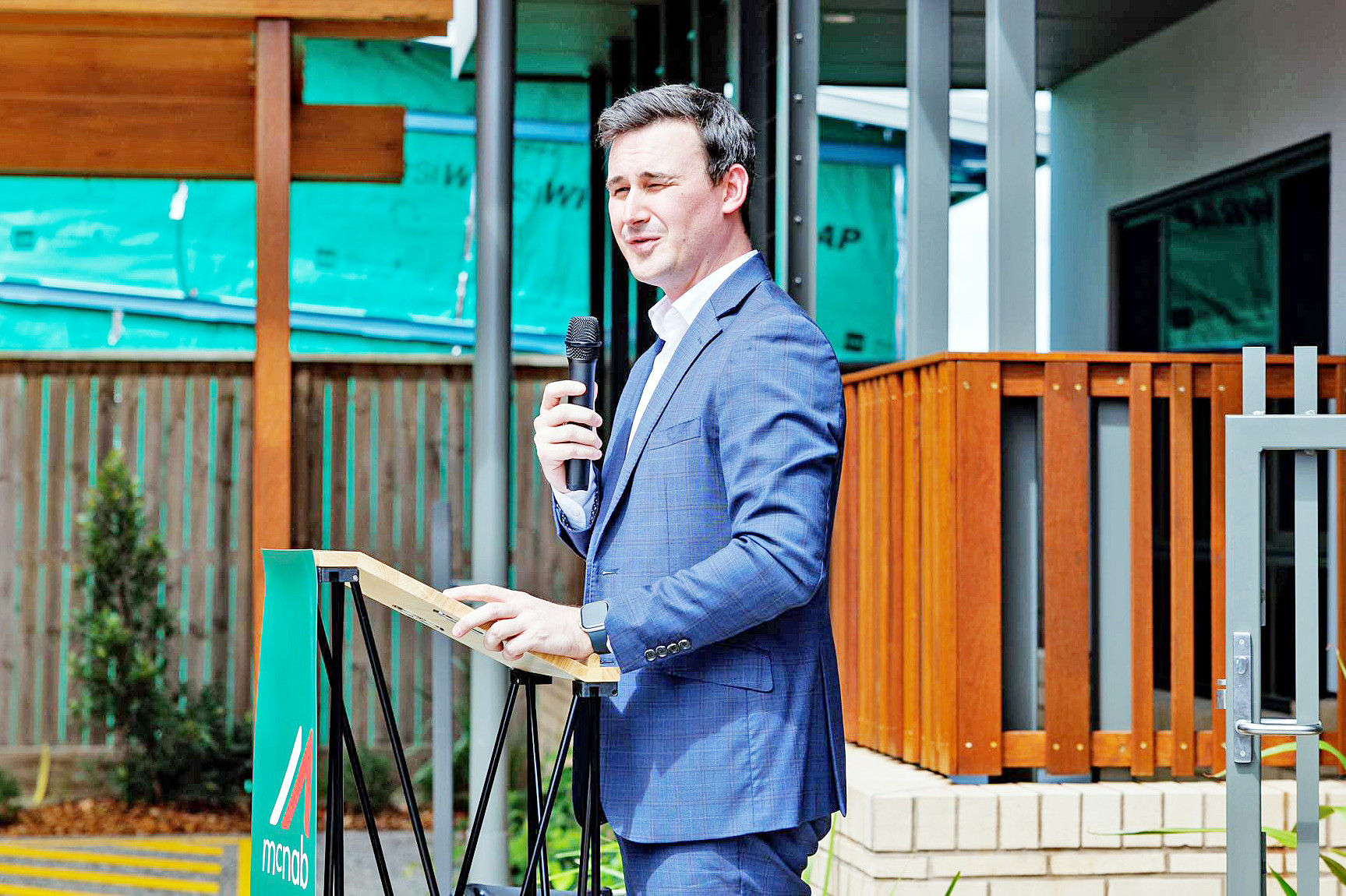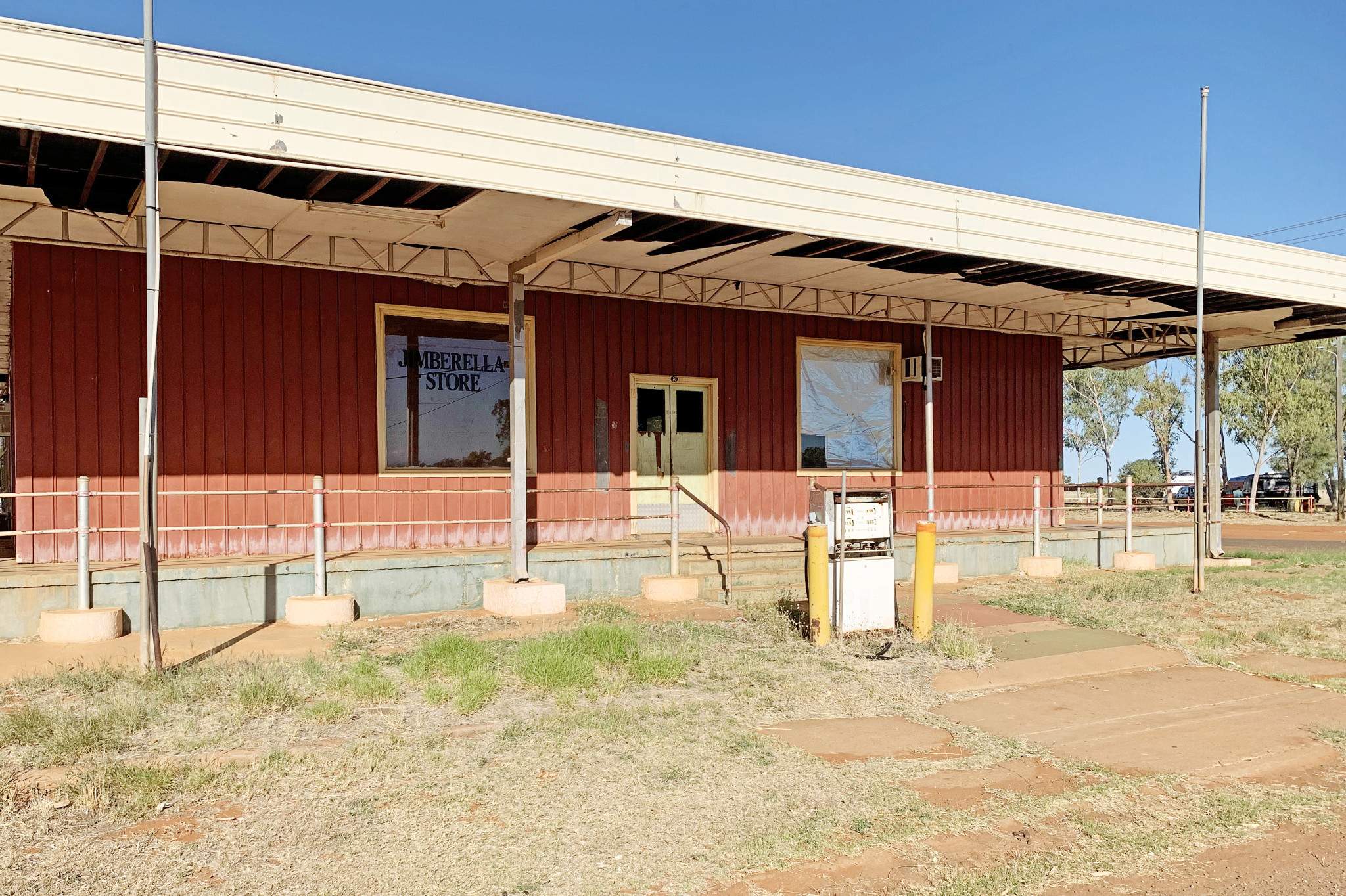General News
2 April, 2025
Housing issues, job losses have Dajarra on the brink of collapse
The small community on the edge of Cloncurry Shire is at breaking point.

More than half of the households in Dajarra have received “grounds for forced sale” notices from the Cloncurry Shire Council this year.
Mayor Greg Campbell says the decision to take action on the 22 homes owned by Jimberella Co-Operative Society for $1 million in unpaid rates has not been taken lightly.
He said it was the “final card” that the council had available in the decade-long battle to have the state government take notice of the rising tide of problems that plague the remote township.
“We have held off from using these powers we have under the Act,” Cr Campbell said.
“The state government has ignored this issue for years and backed us into a corner. This is the only option we have left.
“Everyone who hasn’t paid rates in more than three years is now on the list, which includes all of the Jimberella houses.
“Hopefully, this can be a way to raise awareness of the issues at Jimberella and get action from the state government.”
When North West Weekly approached Queensland Housing Minister Sam O’Connor and Minister for Aboriginal and Torres Strait Islander Partnerships Fiona Simpson for comment about the complex Jimberella housing situation, the exact response was delivered: “The department has no jurisdiction over the provision of housing by Jimberella in Dajarra.”
Jimberella privately purchased its Dajarra houses using federal grants more than 50 years ago and it is not a registered community housing provider.
Cr Campbell said while he understood that the government was often reticent to intervene in the affairs of Indigenous corporations, there was an urgent need for action on Jimberella.
“Low-income housing is a state government issue and it is vulnerable people who are living in those places,” he said.
“For decades, Jimberella was going really well; the problems only started around the mid-2000s and we have repeatedly attempted to raise our concerns with government.”

North West Weekly spoke with a range of Dajarra residents and stakeholders about the two decades of problems at Jimberella. They painted a consistent picture of an organisation gripped by troubles but with very few offers of support.
They all said Jimberella was the owner of a string of vital housing assets in the town and that staff were ill-equipped and untrained to manage and maintain them.
It has led to standoffs with local residents who refuse to pay rent for housing that is literally falling down around them.
Some Jimberella staff ploughed on as best as they could, which caused serious stress-related health issues.
Jimberella is now locked in a downward spiral where residents are refusing to pay for poor-quality housing, which means income can’t be generated to pay for repairs.
Meanwhile, the insurance and council rate debts pile higher with each passing year.
Cr Campbell said Jimberella had sporadically attempted to pay its debts in recent years, including after the council was forced to repossess and sell the old Dajarra school and corner store buildings.
However, the level of debt has also reduced Jimberella’s ability to apply for government grants.
A new organsiation, called the Dajarra Community Indigenous Corporation, was established in May last year in an effort to secure money to deliver services to youth and families in the township.
North West Weekly has seen the correspondence from Cr Campbell to numerous state government and opposition offices over many years in an attempt to raise alarm bells.
In fact, seeking state government assistance for Dajarra was among the first tasks he undertook as a newly minted mayor in 2016.
Yet repeated governments and government institutions have ignored or overlooked clear warning signs that things were breaking apart in the community.
It is understood that Jimberella has not complied with lodgement requirements with the Office of Fair Trading and the Australian Tax Office for at least a decade.
Yet this did not trigger any financial audit.
GOVERNMENT SUPPORT
Local Government Minister Ann Leahy has also been warned by the Cloncurry council that Jimberella’s mounting debt, combined a string of collapsed junior mines in the region, could place risks on its own audit results this year.
Cr Campbell is in Brisbane this week trying to meet with state government ministers about Jimberella, which he believes needs financial and managerial support.

State Housing Minister Sam O’Connor told North West Weekly that he was willing to engage with Jimberella and the people of Dajarra.
He said he had directed senior staff to visit Dajarra and also planned to travel to the township later this year with Cr Campbell.
“I asked for further information about the housing situation in the community, including the options we could have to step in and provide support,” he said.
“All options are on the table to ensure this community has the infrastructure and housing support necessary.”
Cr Campbell also wants the state government to relieve the accumulated $1 million rates debt owed to the council so that Jimberella can focus its efforts on improving the condition of its housing stock.
Cloncurry Shire Council, as well as key stakeholders in the Dajarra community, believe that the houses should continue to be owned by Jimberella.
Cr Campbell said the Queensland Department of Housing did not pay rates on any of its assets statewide, including the 18 properties on its books in Dajarra.
This means that any income generated by Jimberella and paid to the council remains among the only local money the council could rely on to fund community services.
HISTORIC ISSUES
The problems at Jimberella began more than two decades ago when locals became fed up with the lack of reliable water, power and maintenance on their homes.
One resident sought legal advice, which said they did not have to pay rent on properties that did not meet basic standards.
This legal advice spread like wildfire through the community and soon most Jimberella residents were refusing to pay for housing.
It might be at this point that some organisations would call a tenants' meeting to stave off the rebellion.
However, due to complex cultural sensitivities in a tiny community, this did not take place.
When rent was being collected, it wasn’t adjusted to meet inflation and so the weekly rate fell below the break-even figure required to cover basic expenses.
A one-bedroom home in the township will cost you about $90 per week and a two-bedroom unit is $130 per week, making it among the cheapest housing in the nation.
The majority of houses now require significant repairs to indoor plumbing, power connections, kitchens, bathrooms and roofs.
The poor housing and indoor plumbing is leading to health troubles, with reports of increased rates of skin rashes, boils, headlice and ear infections, especially among children.
However, key stakeholders claim the properties are salvageable if money is invested.
There have been sporadic efforts to raise the funds required, with cans donated from surrounding mine sites earning more than $30,000 in the past 12 months to pay for a plumber and an electrician to visit the community.
A newly installed Jimberella board is looking at new income streams such as clothing sales and community hall rental in an effort to raise funds.
However, none of these ideas will be substantial enough to save Jimberella.
North West Weekly made more than a dozen attempts to contact the Jimberella leadership. None of the calls were returned.
Community sources said that Jimberella representatives would write to the Housing Minister this week requesting that its properties be included in a planned audit of the condition of Dajarra stock.
It is also understood the letter will request the state government consider relieving Cloncurry council of the $1 million Jimberella debt to prevent any repossessions.
